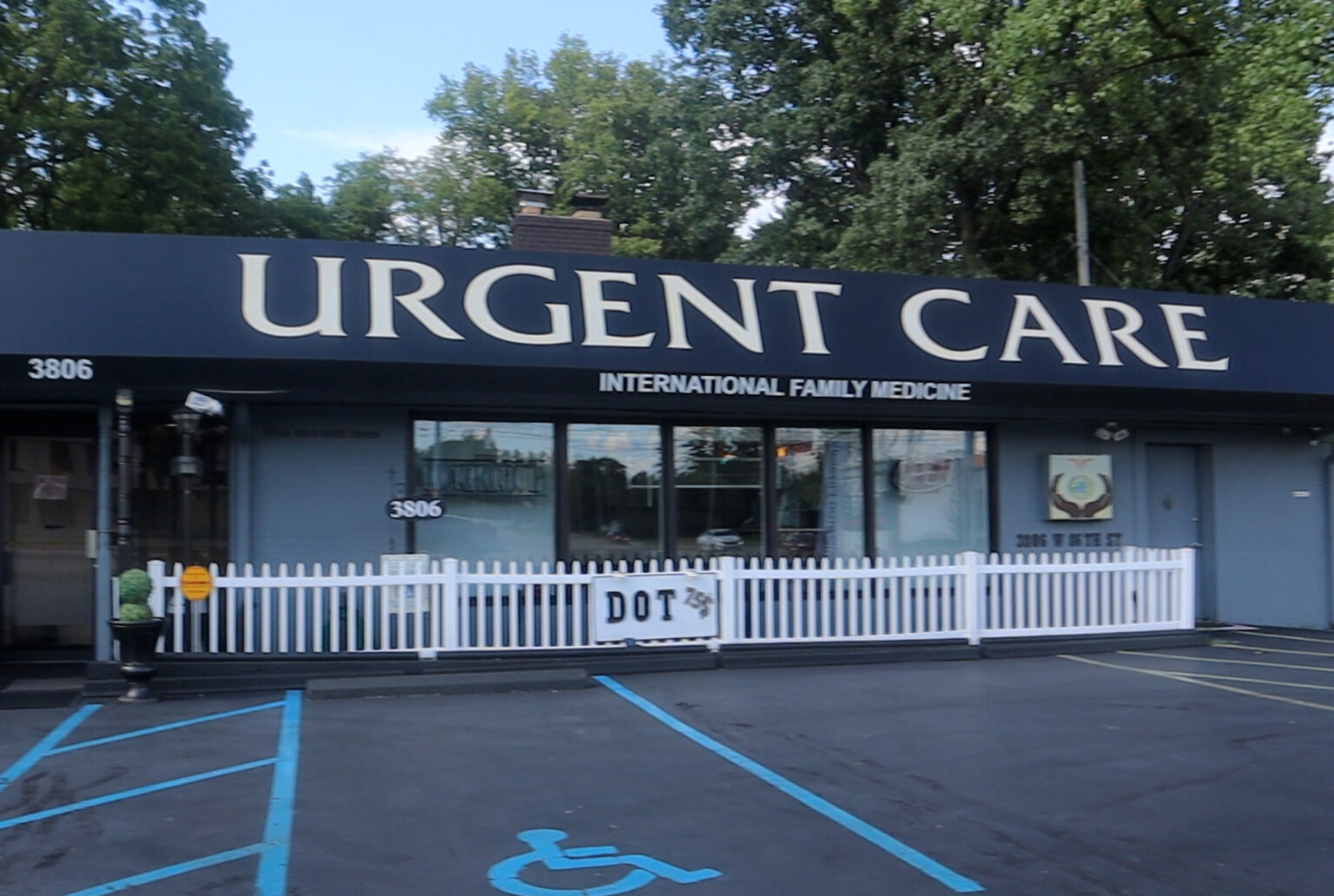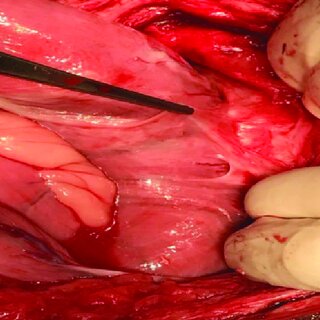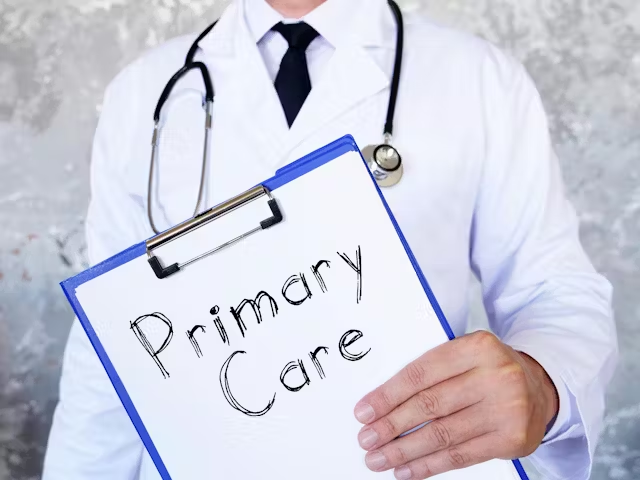Services Offered in Urgent Care Facilities

Urgent care facilities bridge the gap between primary care and emergency rooms, offering immediate healthcare services for non-life-threatening conditions. These centers provide accessible, affordable, and efficient alternatives for those who require prompt medical attention. Here is more information on the key services offered in these care facilities, which helps clarify their role in healthcare delivery:
Exploring Common Conditions
Urgent care centers treat a wide range of acute, non-emergency medical conditions. These include minor illnesses such as colds, the flu, strep throat, and sinus infections. Many individuals also visit these facilities for assistance with minor injuries, including sprains, strains, or small lacerations that require stitches. Skin conditions such as rashes, insect bites, and mild burns are frequently addressed as well.
Respiratory issues are another common reason for seeking care, including asthma exacerbations or bronchitis. Urinary tract infections and gastrointestinal symptoms, such as diarrhea or vomiting, are within the scope of services offered. Most of these care locations can handle these issues promptly, allowing patients to receive treatment without the long wait times typical of ER visits.
Diagnosing and Preventive Services
Urgent care centers often provide diagnostic testing and preventative services to support both acute care and long-term health management. Many have on-site laboratories for rapid testing with services such as blood draws, urinalysis, and strep or flu tests. Imaging services, including X-rays, are also available for assessing fractures, dislocations, or other injuries.
Beyond diagnostic tests, urgent facilities extend to preventative care services like routine physical exams for school, sports, or employment. Vaccinations, including flu shots or travel immunizations, are frequently offered. Early detection of conditions during these visits contributes to patients receiving timely treatment or intervention.
Exploring Additional Services
One of the defining features of urgent care centers is their convenience. Locations are typically equipped to handle walk-in appointments for extended hours, including evenings and weekends. This feature makes them accessible for individuals who cannot secure same-day appointments with their primary care providers. They also help alleviate overcrowding in emergency rooms by offering care for non-life-threatening conditions like minor injuries or illnesses.
Some urgent facilities also offer occupational health services for businesses. These include drug testing, pre-employment health screenings, and treatment for workplace-related injuries. Travel medicine consultations and prescriptions for common travel-related illnesses are available in selected centers. Services like flu shots, COVID-19 testing, and physical exams are also commonly offered. These extended services allow urgent facilities to address a broad range of needs efficiently.
Find an Urgent Care Clinic
Urgent facilities cater to non-emergency medical issues, diagnostic testing, and a variety of additional services that align with patient convenience and efficient care delivery. Whether treating minor injuries, conducting routine diagnostic tests, or offering occupational services, their adaptability and accessibility make them a valuable healthcare resource. When dealing with conditions that fall within their scope, visiting an urgent care center can help save time and reduce unnecessary strain on emergency rooms. By understanding the offerings of these facilities, patients can better determine when urgent care is the right choice for their medical needs.
- What to Expect When Visiting a Foot and Ankle Specialist
- Causes of PTSD
- The Link Between Plantar Fasciitis and Weight Gain: What You Need to Know
- How Pet Ownership Can Positively Impact Life with Fibromyalgia
- The Importance of Stretching and Flexibility in Sports Medicine
Dr. Emma Green is a health and wellness expert with over 10 years of experience in nutrition and fitness. Passionate about helping others live their healthiest lives, Dr. Green shares practical advice on wellness, nutrition, and sustainable living through LivingSpristine.






